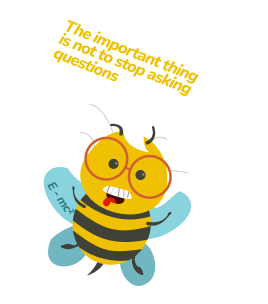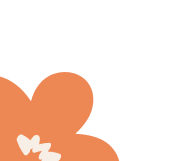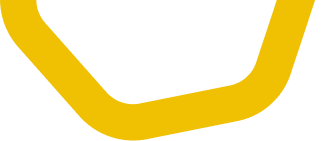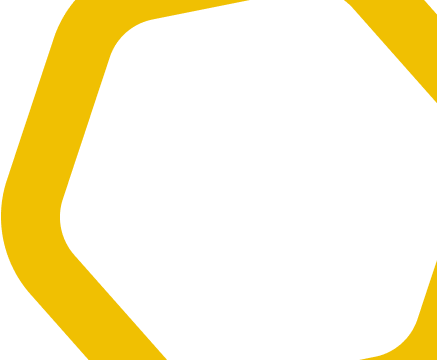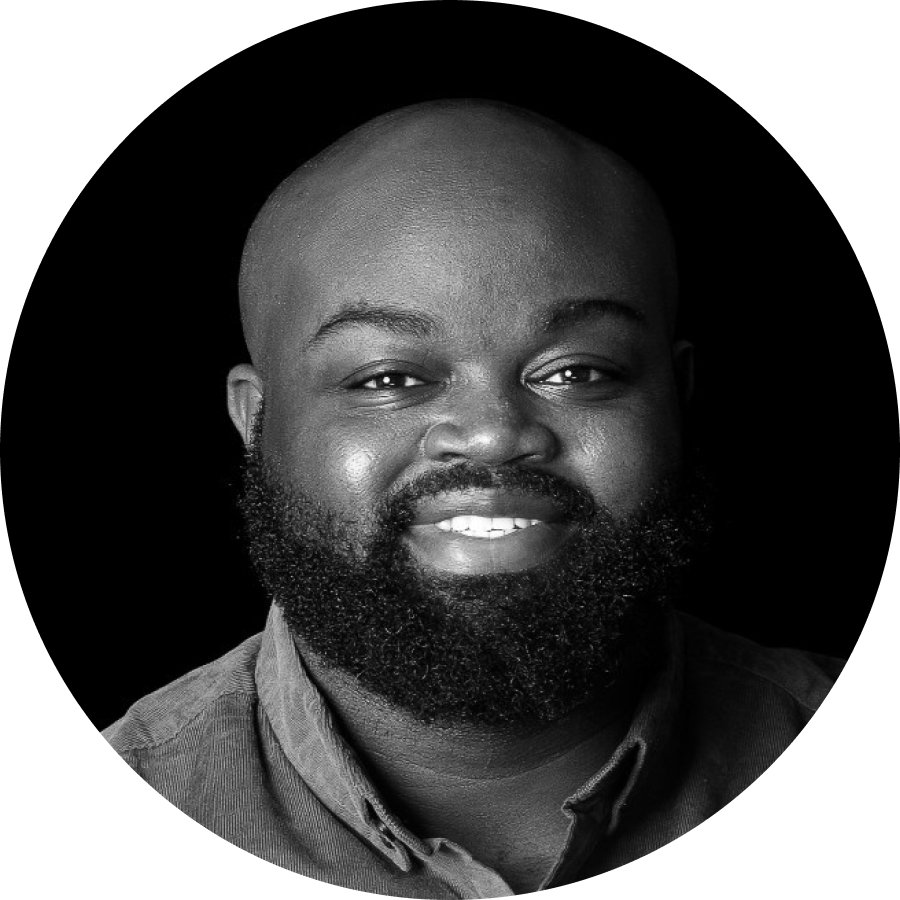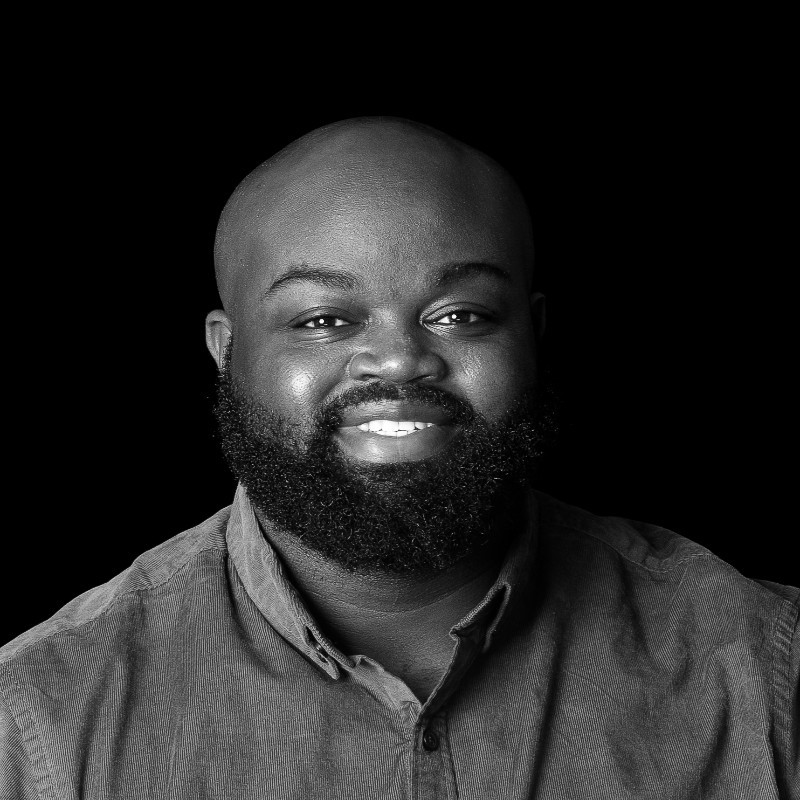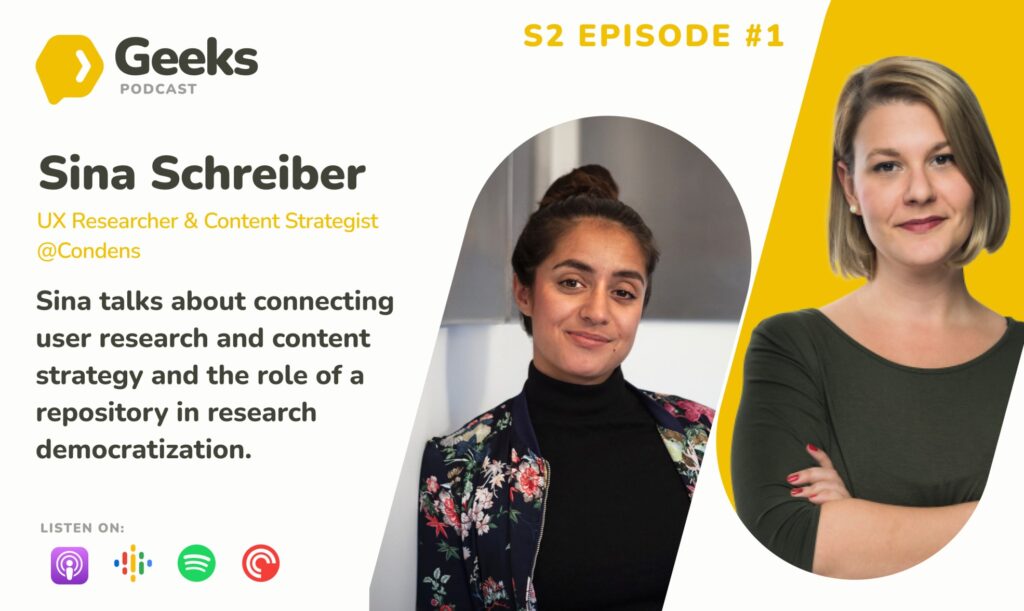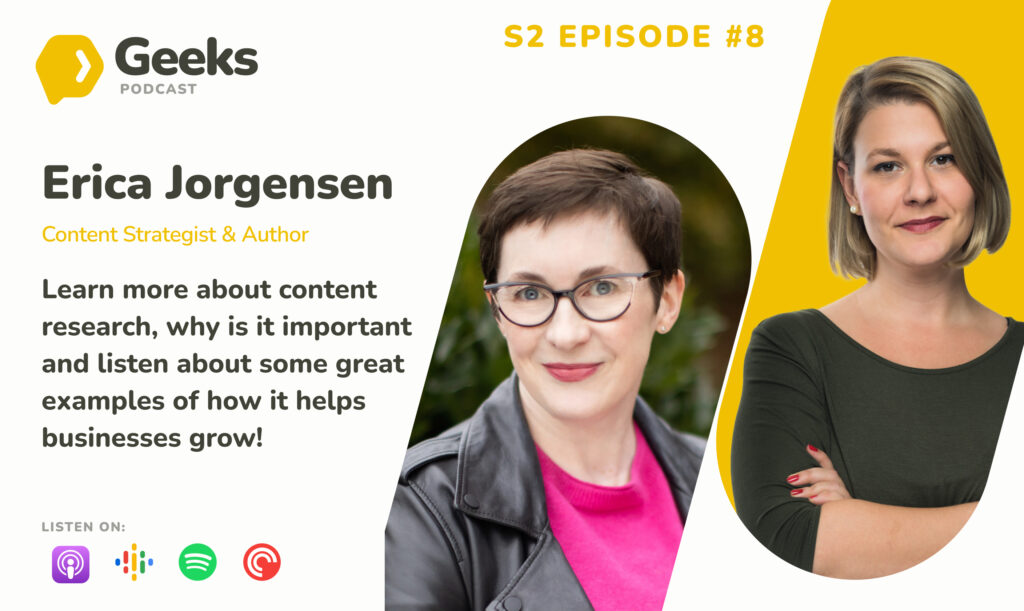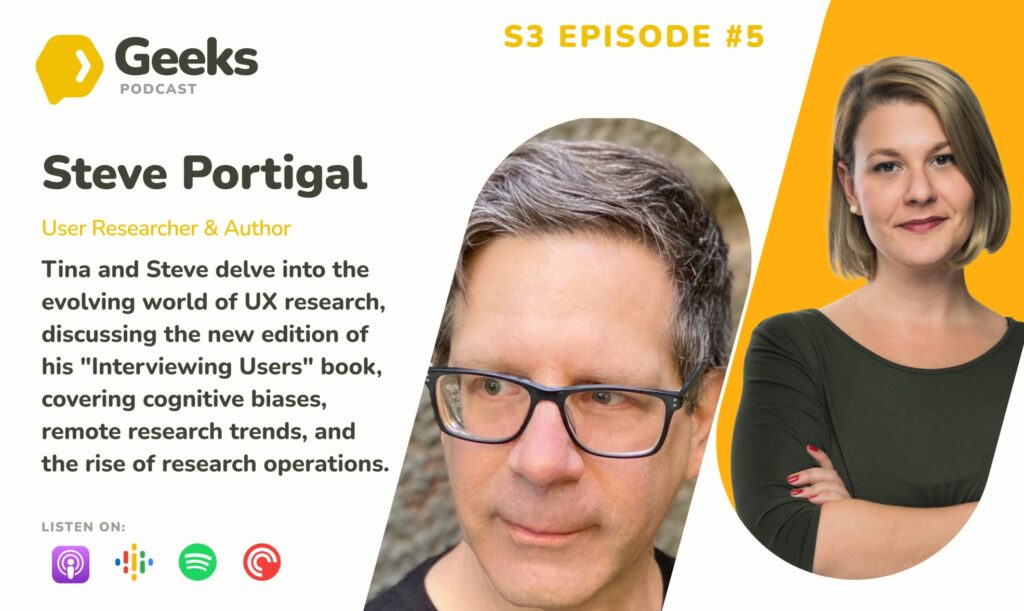Episode highlights
00:01:18 Yao’s Introduction
00:03:17 Staying Relevant
00:08:00 Work-Life Harmony
00:12:34 Research Bookmark
About our guest Yao Adantor
Yao Adantor is the Co-Founder and Lead UX Researcher at Research Bookmark, widely known for helping organizations to create exceptional user experiences. With an impressive client portfolio that includes KPMG, CapitalOne, Toyota, T-Mobile, and Abbvie, Yao excels in collaborating with both internal and external stakeholders to develop human-centered products. Beyond research processes and informing product roadmaps, Yao is instrumental in leading research initiatives on emerging markets, consistently applying user-centered design principles to deliver data-driven solutions. Connect with Yao on LinkedIn or on his website to learn more about his expertise.
About uxcon Vienna
uxcon Vienna is a conference dedicated to UX Research and UX Design. It brings together professionals, experts, and enthusiasts in the field of UX to share knowledge, insights, and best practices. The conference is attended by both specialists from both Europe and the US, thus providing a great oppotunity for networking or professional exchange. Attendees can expect to learn about the latest trends and developments in UX research and design, gain practical skills, and connect with like-minded individuals. uxcon Vienna aims to inspire and empower UX professionals to create impactful user experiences.
Podcast transcript
[00:00:00] Tina Ličková:
Welcome to UX Research Geeks, where we geek out with researchers from all around the world on topics they are passionate about. I’m your host Tina Ličková, a researcher and a strategist, and this podcast is brought to you by UXtweak, an all-in-one UX research tool.
This is the 20th episode of Geeks. We spoke to Yao, who is the founder and CEO of Research Bookmark, which you probably already know about, and he is going to be a speaker, the uxcon in Vienna, which is a conference happening in September. In this short special, we talked about his lecture where he’s going to focus on careers of UX professionals.
So tune in and I hope you get some advice on your career and growing in the UXR field.
Yao. Before we start to speak about what you are going to speak about in uxcon. Yeah. Who are you, what do you do?
[00:01:18] Yao Adantor: So my name is Yao Adantor. I am a user experience researcher, strategist, designer on an e-learning platform focused on user experience careers. So that’s what I do on a day-to-day basis. I’m building this new way of learning and utilizing UX careers.
That’s really one of the first experiments to see if the way we learn now is different from what we used to do. How do you pair technology, platform, and just learning, acquiring skill, being in a classroom, natural learning. So that’s what I’m working on day to day, and I’ll say I’m a user experience researcher.
[00:01:59] Tina Ličková: And your talk is named how to stay relevant as a UX professional and grow as an individual. And my first question is, how do you define a UX professional? Are you in your back thinking about research or is it broader? Tell me.
[00:02:16] Yao Adantor: Yeah. Great question. I’m thinking about everyone that happens to meddle in UX research, right?
And sometimes for us. I wanted to, we sometimes lose sight of how many people are involved in UX in general. You have UX, UI designers, you have product designer, product researchers, UX researchers, same UX writers, information architects, product managers, accessibility, human. You can, all these people can be different.
They are, for me, they are all user experience professionals. And part of that, we are a subset of customer experience professionals. When it comes to business, I’m thinking about everyone. If you are involved in adding experience, someone can use something a little better or achieve a better KPI for your business.
You are a user experience professional.
[00:03:08] Tina Ličková: And then the other part of the name of Electra is staying relevant. Which I’m really like, what does that mean?
[00:03:17] Yao Adantor: It’s more, it’s your UX odyssey, your US journey, right? How do you stay balanced growing as a professional in the field? I start rapidly growing. There’s so many opportunities to grow as an individual. And I guess it was a bit about both. I wanted to explore, ask questions around people’s beliefs, if people include religion in their practice, just questions that are very much we don’t talk about in technology, and I wanted to see how that affects a professional on a day to day basis.
Who’s, how are people practicing and keeping up? So I’m doing a lot of surveys. I’m learning a lot. I’m thinking about my own career. I’m looking at the data or research report where newer researchers and designers are coming to the field. So yeah, that’s the other part of just balancing in this field.
[00:04:04] Tina Ličková: And I know we all use a researcher trying to focus on the individual. Usually it’s the user. How did it become your passion to support people in growing?
[00:04:16] Yao Adantor: Teaching was always fun or doing sports and coaching. I like talking to people, having conversations and learning something interesting. Just starting conversation is something actually My first job, like my first legal job where I got paid on the government can see everything job was- I was a drive through person at Taco Bell.
So on a weekend, Friday, Saturday, Sunday, I worked. The drive takes eight hours and there’s a clock behind the drive through where people cannot see when you’re trying to get people at an average time, very fast out and still within those, I think 70 seconds, I’ll still be able to make conversation because the person is ordering.
How are you doing today? How’s your day? Oh, wow. That’s nice, you just, you have research conversations all of the time. So for me, it was one: the curiosity about people and how it affects business. How it affects the way we live, money and so forth. So I studied industrial psychology in college as well, which is a mix of psychology and business.
So it’s a theme and growing into that became sharing knowledge with people. It was just as simple as that. Oh, wow. Look at what I learned. Wow. What if we do this, what happens and so forth. And then you start teaching all of a sudden. And I’ve been teaching at the University, Maryland Institute College of Arts for about four years now.
Teaching UX research and prototyping. Being on both sides as well. That’s how I got into the whole helping people, teaching thing, was just… It was just something you want to share so you become a teacher at some point.
[00:06:01] Tina Ličková: And what do you want to share at uxcon with people?
[00:06:05] Yao Adantor: Oh, so I have an outline of my presentation in front of me and what I’m going to touch on are: The two archetypes that make a UX professional, maybe in today’s field, from my perspective and the US professional defined by work, company, roles, everything.
And then the individual that is defined by self, family, history, desire, and so forth, right? Those are the two people that you’re trying to grow and balance out. So we’re, we’ll talk about that, some, just some general learnings that I’ve gotten from the surveys, I’m talking to UX professionals, and then looking at what a roadmap looks like to achieve that, right?
I want to ask that question as well, what people are giving advice, mentors, and so forth, capturing that advice, and I’m doing an analysis of them to understand, when do they apply most? Defining work and life. The roadmap looks like you define work life harmony, not work life balance. You define work life harmony.
Then these two factors are not mutually exclusive. So you cannot, you can’t really balance them out. There are times where one takes over from what I’m seeing. And then the pandemic really changed also the way we do a lot of work, business, meeting people and so forth. You cannot forget that. Two, the pursuit of some kind of tangential feel, like either you play music outside of work, you spend time with your family, that kind of.
You need that as well. And then the third also becomes about you. Are you satisfied? Are you settled as well? So I wanted to share those two archetypes and then a general roadmap on how to build your own growth and grow as an individual and professional.
[00:08:00] Tina Ličková: When I hear the roadmap, that’s super interesting because we look at careers as something linear, but when I hear also the word harmony, I think you are thinking already about it a little bit more holistically, and it’s probably not linear or what kind of advices could you share with us when it comes to the roadmap?
[00:08:22] Yao Adantor: I think so. Another thing I looked at is I started looking at how careers become a thing because work very much is being affected by you coming up with new things, learning, we’re a small growing, making a name. It’s this whole thing on work life balance. Tends to take a hit. I think about people, I recently ran a survey on how people felt going back into the work week or how they’re feeling and stuff.
And a large percentage of it was just feeling tired and burnt out. So I don’t know if it’s the time of the year. And the other percentage was, I feel okay. What is happening, I’m looking deeper at what is happening that are making people feel like this, what is the balance here on achieving work, being really good at your work, but yet having ways for that to flex, right?
Is a business world even built for us to do that? And then the other piece here that’s coming out is this idea of creative functionalism that I’m talking about. It’s. Okay, you, maybe you do love UX and a lot of people do, but that’s your work. That’s your day to day work. It seemed like pairing you with something creative outside of the work, whatever, again, it was with yourself, your family tends to help balance out our need to also be in control. Life has a lot of soft power at work. We don’t have any hard power. So being creative outside of the field of building something, stretching out your work into other creative ideas. It’s also a good idea.
[00:10:09] Tina Ličková: When anybody asks me about my inspiration, I’m always like, it’s not in research.
It’s not in UX or very barely. It’s like in, sometimes it’s Netflix. Sometimes it’s in a book. I’m really curious and also a little bit skeptical. Back in the days when I started and I’m self learner, there weren’t really schools. They were not just growing now in middle Europe and there weren’t really mentors.
Now it’s a boom. Like everyone, I have an idea that like in LinkedIn, every second person is a UX research or UX professional coach. And I’m skeptical. What would be your advice if somebody is looking for a mentor? Because it’s important to have a mentor.
[00:10:51] Yao Adantor: Yeah, I think mentors come naturally as well as pursuing them.
LinkedIn is more, I had LinkedIn just, I had LinkedIn when I was in high school. Okay. I had LinkedIn in like early mid 2000 and it wasn’t quite the same. It was like, if you’re doing a project and you want to reach someone that’s working in the field, you can reach them, do an interview. But it’s just changed a lot.
So a lot of people are finding more ways to help, and that’s coming out in forms of coach. It’s these people who want to share knowledge and I will relate it back to research Bookmark a bit. So for me, instead of doing that, like doing the coaching, the mentoring, we’ve been making money off of that. I saw that a lot more people can self educate with research Bookmark and you can have a constant flow of.
Learning that you choose learning. We know that when you choose learning, it sticks more than you choose to educate. And then if you are in a field, it’s harder to come across a mentor. Like UX is young, but there’s a lot of people that are open to helping people that have like organizational podcasts.
It’s just people sharing knowledge. So you are bound to come across a mentor and that must fit with you. There’s no need to force mentorship necessarily. And I know it’s right now because people are looking for work as well. So if I get a mentor, maybe you’ll teach me the secret thing to get work. It’ll come.
[00:12:28] Tina Ličková: And from the other side, how does one become a good mentor in your opinion?
[00:12:34] Yao Adantor: One of the things that really generated research Bookmark was because I was mentoring a USPA. It’s supposed to have been, I don’t know, 2017, 2018, just to be one of those mentors. You stick with the person until the fall. And I did it a couple of times and I had this mentees and a recurring and I noticed this in classes while the recurring theme was like the class that I learned a lot about, I was very much immersing UX information and then for my mentees and so forth, they’re asking for resources.
Where do I find this? There is no way over a one hour call. You can teach this person how to do something, that is, your environment is so dependent, right? You go to work, you want to start your research. Yes, you do a research plan, but maybe here it’s not quite a research plan. It’s like a document that is a little different.
Just to try to, just to get the research going, you can really teach that on that kind of level. So we’re looking at how do you become a good mentor? One, you need to have the resources available to create this learning curriculum for your students, because you are not going to be able to. On a day to day, teach them what’s going on at work.
Give me once a week, one hour, that’s good mentorship. That’s once a week. That being the person has a hundred and something hours to learn. So I think you should, as a mentor, empower yourself with a tool like research bookmark with databases, journals, right? Give the person the ability to really scale. I think that’s one and two, be truthful in what’s going on in the industry, how to handle different situations.
Our work, my, the mentor mentors that I have are great. I can go to them with anything essentially and get a lot out of it. So you need to find a person that matches your personality. And then that has the way to give you resources, self learning and co- learning, but to make that happen. That’s what I would say.
Those two things will make a good mentor.
[00:14:33] Tina Ličková: Thank you for sharing with us. I’m really looking forward to your talk at UXCon Vienna, which is happening on the 13th and 14th September, and it’s also online, you will be, I think, speaking on the 14th -might change -because yeah, that’s the nature of a conference being in preparation, but last maybe thing is where can people follow you?
[00:14:53] Yao Adantor: Yeah, LinkedIn is a great place to get in direct contact with me. But if you really want, I don’t write a big poster of different things, the where I put the energies and research bookmarks. So if you are learning, you are generating insights, you’re getting more growing in your career or entering the UX field, go researchbookmark.com. Due to live mini courses, we have two or three live classes every week. We are constantly adding and refreshing our resource. We have the world’s largest web search in UX, so you can learn anything you want without being disturbed by ads. As well, so arm yourself with knowledge that is going to matter.
This is the millennium of the creative and you want to arm yourself with operational knowledge because with the AI, what we’re seeing is user experience is going to become more and more important, but everything else being equal, what makes company A different than company B, user experience. So we’re betting on a lot of, we need a lot more people to get in the field and generate more knowledge and more, more great KPI for companies.
[00:15:59] Tina Ličková: Yeah, let me sign that.
[00:16:04] Yao Adantor: Thank you very much again. Absolutely, thank you so much.
[00:16:16] Tina Ličková: Thank you for listening to UX Research Geeks. If you liked this episode, don’t forget to share it with your friends, leave a review on your favorite podcast platform, and subscribe to stay updated when a new episode comes out.
💡 This podcast was brought to you by UXtweak, an all-in-one UX research software.
